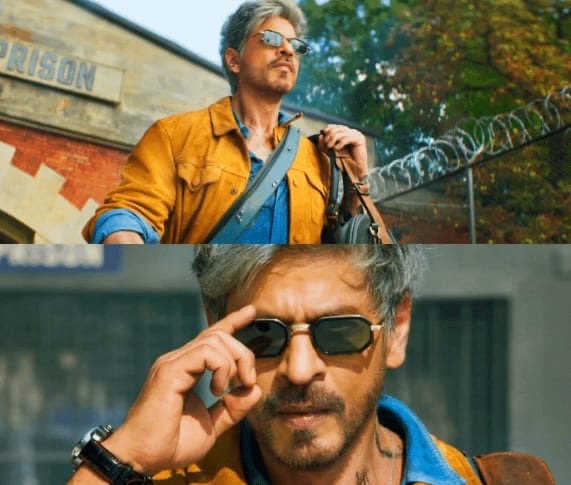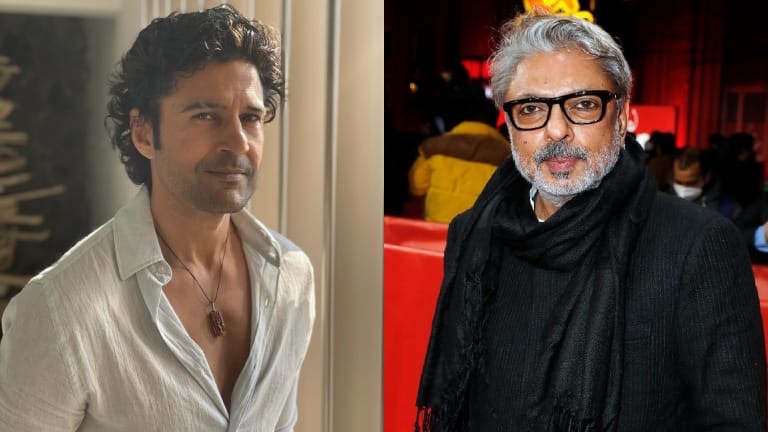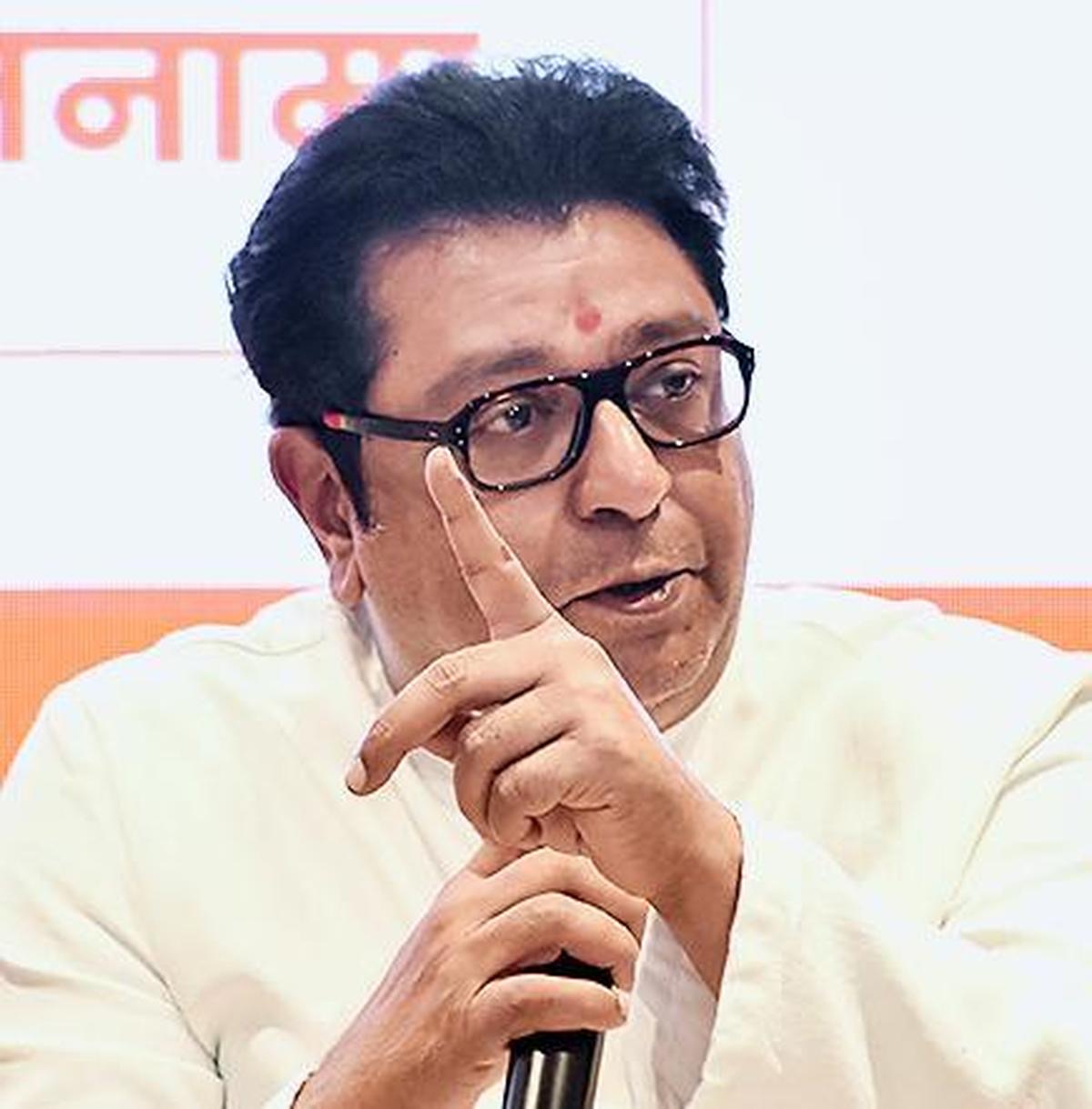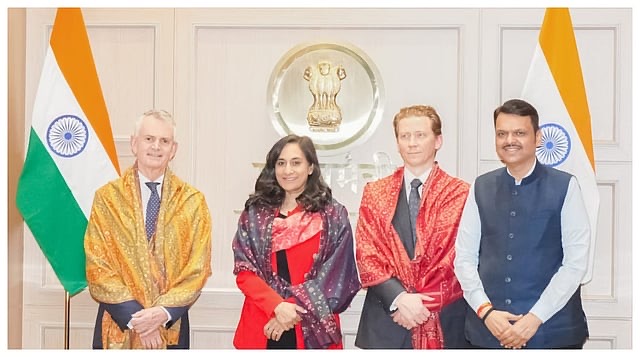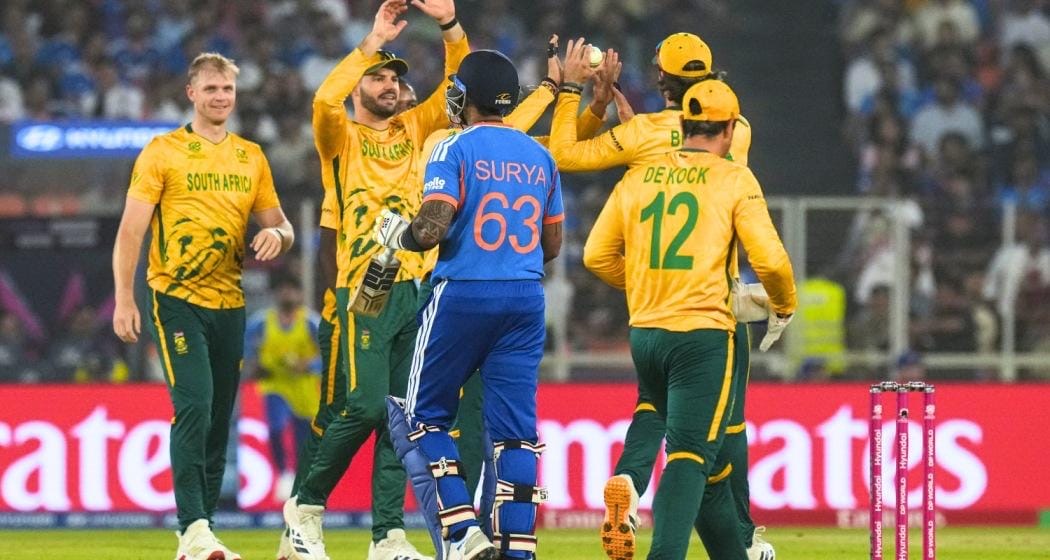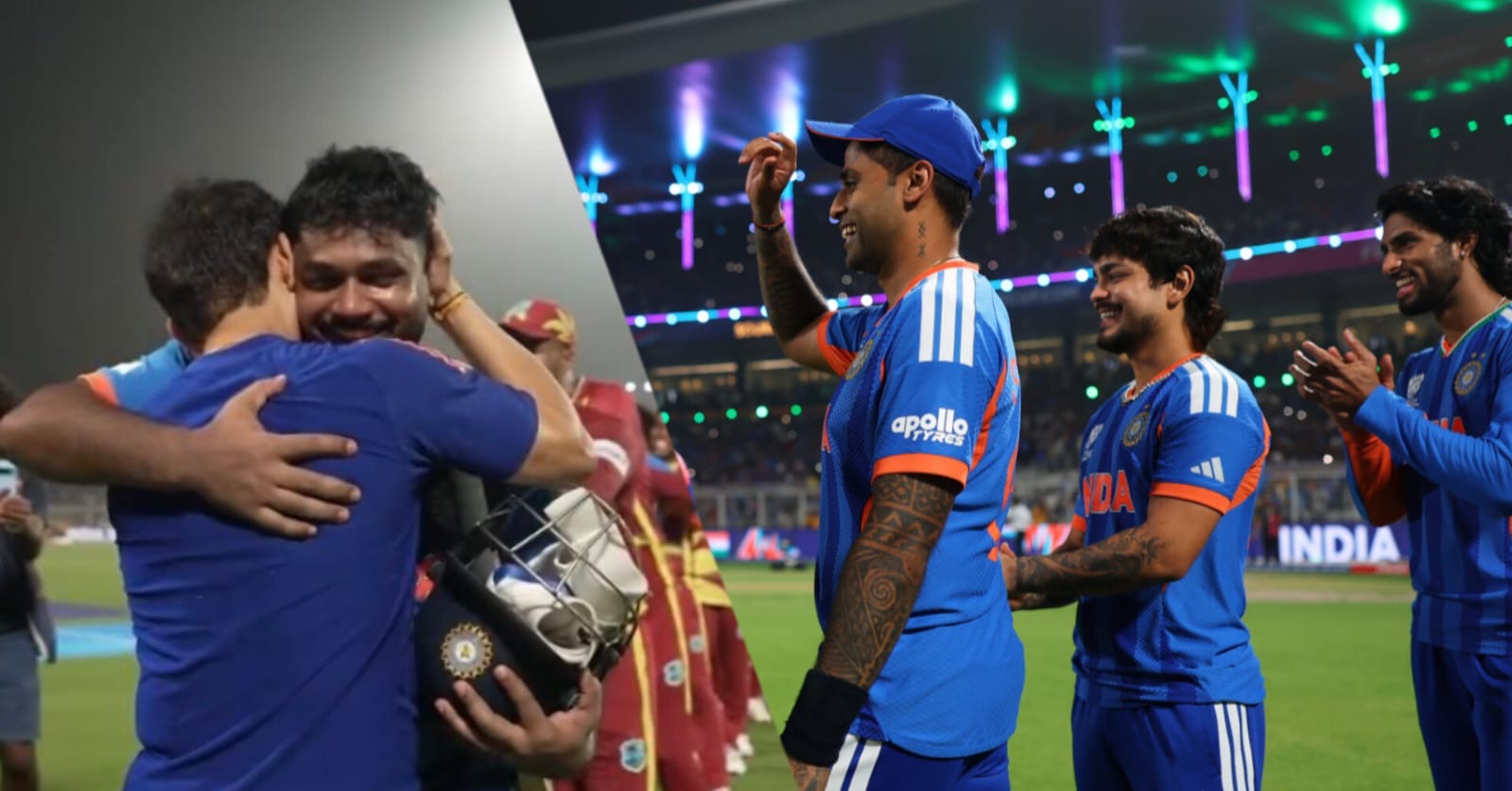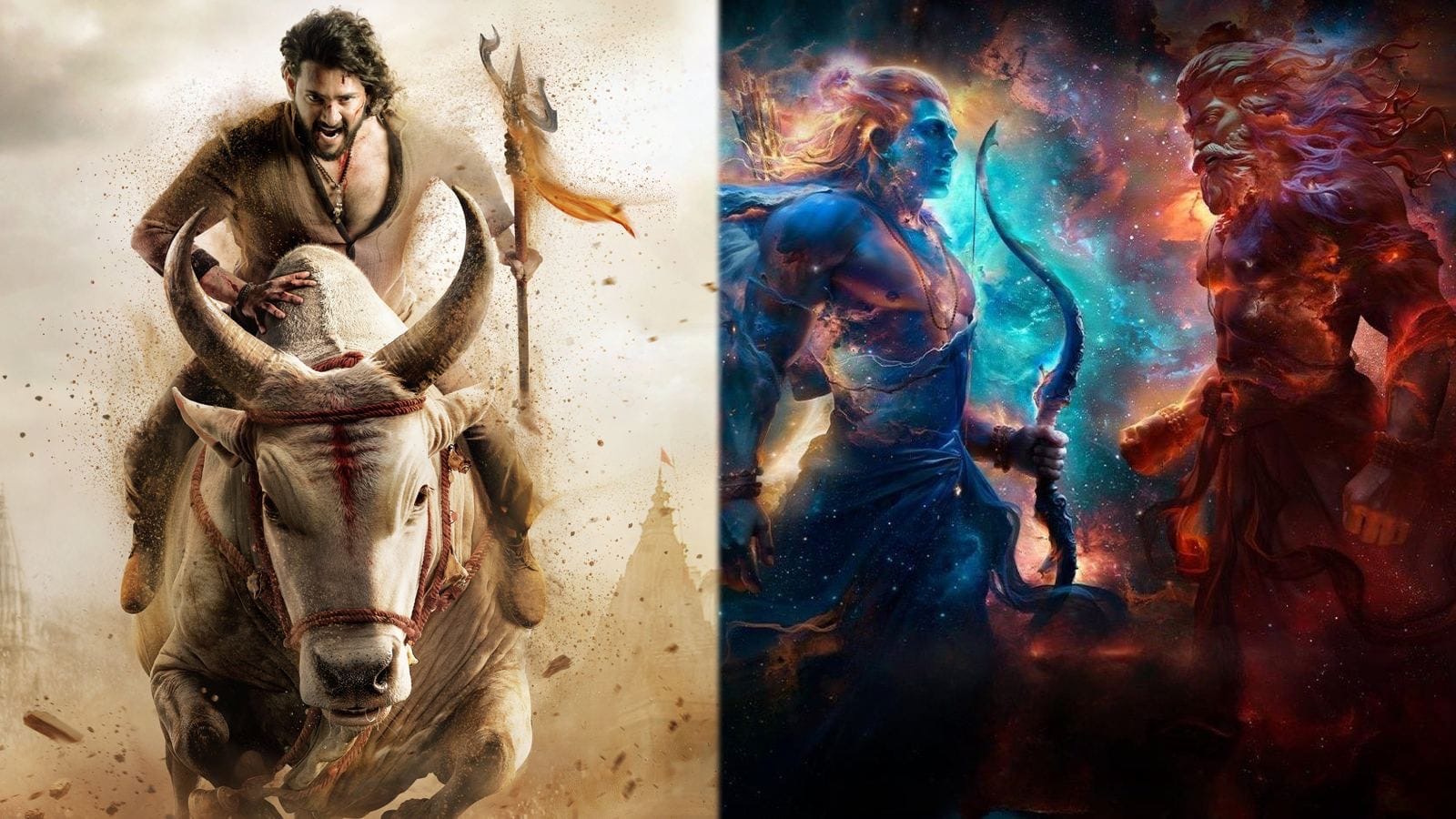
Filmmaker Mani Shankar’s “Tango Charlie” has clocked 20 years. Featuring Ajay Devgn and Bobby Deol, the film delves deep into the psychological and emotional toll of armed conflict, exploring themes of duty, sacrifice, and the moral dilemmas faced by soldiers.
In a media interaction Mani Shankar revisits the real-life experiences that shaped the narrative, the dynamic between his lead actors, and the lasting impact of the film. From Ajay Devgn’s quiet intensity to Bobby Deol’s transformative journey, the director offers rare insights into the making of a film that questioned the cost of war while paying tribute to India’s unsung heroes.
He says Tango Charlie came as a result of certain harsh experiences he had as a filmmaker. In 1996, he visited Kashmir on an invitation from the Home Secretary, Government of India.
He was supposed to create a truthful film that countered the endless barrage of videos beamed from Pakistan. They created a music video penned by the late P.K. Mishra and composed by Oscar award winner M.M. Keeravani, titled Pyara Gulshan Apna.
Amidst the making of that film, he interacted with many renegade militants of Hizbul Mujahideen and learned their stories firsthhand. Then started meeting paramilitary soldiers protecting our film crew from assaults inside Kashmir. That’s how the seeds of Tango Charlie emerged—through gruesome firsthand accounts of brutality, passion, and determination from both sides.
Tango Charlie wasn’t just a movie script. It was the outpouring of hundreds of hearts that had seen battle firsthand, had witnessed their buddies being ripped apart, and had groped for answers but found none. When he finally started writing the script, it coalesced into two characters—the hardcore killer and the soft-hearted novice: Ajay Devgn and Bobby Deol.
Ajay played his part with ease and perfection, like he was born for it. There was a quiet menace in his eyes that never went away. His character had simply killed too many people, and his mind had hardened into a soldier’s attitude of repaying a debt. In a classic line, he even equated patriotism with just paying off a debt to his nation and his death with clearing the interest due. He was simple, hard, and focused—killing was what he did best.
Bobby, on the other hand, was the novice, brimming with innocence and naivety. He had his dreams and desires lined up. Ajay trains a reluctant Bobby to kill as efficiently and silently as possible. Bobby does it, but not without revolting from within, asking hard questions, and sometimes refusing orders. Together, they patrol the hotspots inside India. The script spares nobody, not even the audience, as they encounter heart-wrenching events that leave scars on Bobby’s soul—scars he cannot heal or explain away.
A host of unanswered questions rise to haunt the audience, even as the action enthralls and grips them—questions we all should ask at some point in our lives. This is their nation, and cannot turn a blind eye and hope to remain at peace.
Bobby and Ajay hunt a group of militants in the jungles of the Northeast. After a night of slaughter, they are the only ones left alive. They capture a lone militant, the last survivor of his company, and Bobby pleads with Ajay to spare the man’s life. He is simply too tired of the endless killing and cannot imagine shooting a man in cold blood. Ajay relents and lets him go.
The scene shifts to a Naxalite zone, where Bobby fights and kills his own JCO, who tries to rape a captured female Naxalite. Later, in Gujarat, at the height of the riots, they have to fire and kill unarmed rioters. Everywhere, Bobby faces real dilemmas with no answers, and Ajay provides none. Sometimes, Bobby’s sentimental approach is highly misplaced—he is too naive—and Ajay has to step in to protect him from certain death.
In the climax, as Ajay dies protecting a road bridge en route to Kargil—and indirectly paving the way for victory in the Kargil War—Bobby finally rises and becomes his own man. He uses every strategy and tactic he has learned from his mentor and turns the tables. But not before lying mortally wounded in the snow, knowing nobody would come to his rescue. In his last conscious moments, Bobby reflects on everything and laughs without regret—of a life well lived, a job well done—a soldier signing out with dignity.
In Tango Charlie Bobby proved that he can be a brilliant actor if he gets the right kind of role and director. When he did Animal, he got both. And he excelled beyond belief. Bobby is indeed the ‘Chupa Rustom’ of Hindi cinema, while Ajay has always been the ‘Badshah.’
The late Nitin Manmohan, the producer who pulled off an amazing project with such stalwarts was a great support and a fighter of extraordinary bravery. Behind the scenes, he fought many battles to keep the film going. Ajay was his mischievous self on set, always coming up with something wicked that kept everyone in stitches. He and Bobby shared great chemistry behind the scenes and would sometimes conspire together to create some fun.
Tired of too many ads?go ad free now
With Ajay, the power of appeasing the local deity- he would always seek out the local temple and perform a full-scale puja before starting the shoot. He also considered it his duty to feed the poor in the town. It was his way of showing gratitude.
His most grueling memory of Tango Charlie is that he
remembers shooting the last scene of the film on a snowy mountain, at night, in sub-zero weather.
Everyone was surviving on a diet of brandy and hot water. My challenge was to wrap up before the inebriation of the unit wobbled the camera and ruined the shot. Fortunately, in the script, a dying Pakistani soldier asks for some rum, and Bobby shares his flask as they exchange a few final words. Breaking all protocols, the liquid in the flask was actual rum, not colored water—ensuring my actors stayed warm enough to deliver their lines.
On the Closing thoughts of Tango Charlie – he started as a record of anguished memories of foot soldiers who faced life-and-death battles—and it ended authentically in that spirit. It is a tribute to our men in uniform, a salute to their sacrifice and honor. This is the 20th year of Tango Charlie, and the movie has more than 190 million views on YouTube alone—an amazing record!
News Edit KV Raman


